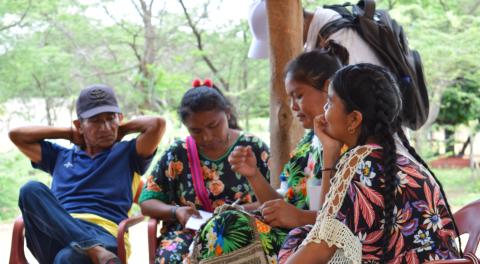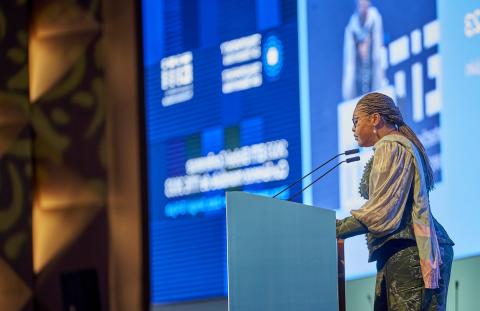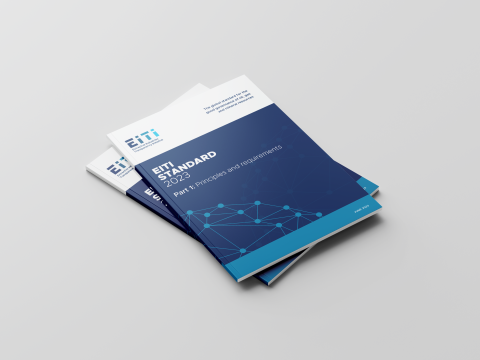
EITI membership boosts mineral exploration attractiveness
EITI membership boosts mineral exploration attractiveness
A new study finds that EITI membership has a statistically significant positive impact on a country’s mineral investment climate attractiveness.
A country’s perceived geological potential is the single largest determinate of its ability to attract multinational mining companies to explore and exploit the mineral resources within its borders.
However, bar a small group of countries with exceptionally high perceived geological potential such as the Democratic Republic of Congo, most countries compete with one another to attract exploration and mining companies to development the mineral endowments within their borders. One of the central ways a government can improve its attractiveness as a mining investment destination is by reducing the risk of developing a mine within the country.
EITI implementation can provide multinational mining companies a clear signal of the government's commitment to maintaining a stable and transparent operating environment (see EITI benefits).
Any country that can credibly commit to this international standard in natural resource management is able to distinguish itself from other countries as an attractive destination for mineral investment.
Linking exploration expenditures and EITI membership
Using panel data for 167 countries from 2003 to 2014, the article ‘A safer bet? Evaluating the effects of the Extractive Industries Transparency Initiative on mineral investment climate attractiveness’ analyses the impact of EITI membership on a country’s mineral investment attractiveness, represented by the grassroots corporate mineral exploration expenditure within the country. Grassroots corporate exploration expenditure represents a mining or exploration company's initial decision to invest in a country based on current global metal market conditions as well as the risk of investing in a specific country.
This analysis suggests that EITI implementation has a statistically significant positive impact on the amount of mineral investment a resource rich country is able to attract. Specifically, a country that implements the EITI attracts around USD 8.07 million more budgeted grassroots exploration expenditure than a non-EITI member.
Implications for EITI, and non-EITI members
While the EITI has achieved mixed results when it comes to developmental and civil society engagement aims, this study adds to a growing body of evidence of the economic benefits EITI membership can bring.
For non-EITI members that have had limited success in attracting multinational mining companies, the boost to their investment climate brought about by EITI membership may adjust the costs and benefits of participating in the Standard.
This article, written by Alexander Malden, was published in ‘The Extractive Industries and Society’ journal. Alexander is a Resources Policy Consultant at S&P Global Market Intelligence. You can access the article here.
- Check out more scientific contributions on the EITI in our publications library: Research on the EITI



